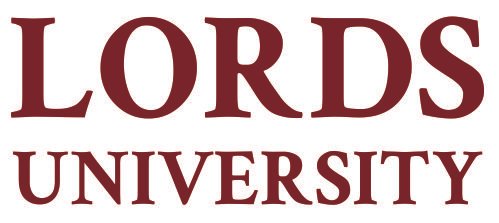Ministry of Education's Latest Guidelines for Coaching Centers
In a concerning report by Moneycontrol, it was revealed that the number of students who committed suicide in India surged by 70% between 2011 and 2021. The epicenter of the coaching center of India, “Kota” witnessed its highest number of student suicides since 2015, shedding light on a deeply troubling trend. The data by “NCRB” says that a staggering 13,089 students tragically lost their lives by suicide in 2021 alone.
Behind these grim statistics lie harrowing tales of immense pressure and overwhelming expectations. The relentless pursuit of securing coveted spots in prestigious colleges and universities, coupled with the societal emphasis on professions like engineering and medicine, has created a toxic environment for countless young minds. Students start taking coaching from an early age to become proficient enough to clear this exam. When the administration of Kota was asked about the suicides, the district administration of Kota responded by directing hostels and paying guest accommodation to install spring-loaded fans in every room, which, according to them, will provide mental support and security to the students studying/living in them”.
Keeping these in mind, the Ministry of Education gave guidelines for coaching centers. One may even question, are coaching centers even important?
There is no denying the fact that it is because of coaching centers, that students can clear a lot of competitive exams such as IIT JEE, NEET, NDA, and CLAT, and the formidable UPSC. The relentless pursuit of success in these exams can take a heavy toll on students' mental well-being. They are all highly competitive exams and require rigorous studies for long hours and proper guidance throughout the exam journey. It is imperative to acknowledge that the journey toward these coveted positions is fraught with challenges that extend beyond academic prowess. In light of these facts, the Ministry of Education has taken several steps to control this situation. These initiatives seek to provide holistic support to students, addressing not only their academic needs but also prioritizing their mental health and well-being.
For a very long time, the Ministry of Education has been receiving complaints about fire incidents, and the lack of facilities in the coaching center as well as the teaching methodologies. The highlights of the guidelines provided for coaching institutes by the Ministry of Education are:
Tutor qualification - Teachers at coaching centers are mandated to hold a graduation degree as a prerequisite for their role, ensuring a foundational level of academic qualification. Also, they must not have ever been convicted of any moral turpitude.
Restrictions on age - No coaching center can any longer enroll students who are under the age of 16 years. They will only be admitted once they have completed their secondary school education. This crucial measure ensures that students are equipped with the necessary maturity and academic foundation before embarking on their coaching center experience.
No false promises - The coaching center has been instructed to refrain from making any false assurances or guarantees to students. Misleading advertisements should be prohibited regarding facilities or past results.
Updated website - The coaching institute should possess current information regarding tutor qualifications, course details, duration, fees, and other relevant aspects.
Infrastructure facilities - The coaching center buildings must comply with fire safety codes, building safety codes, and other relevant standards. They must also be Divyang-friendly, following the provisions of the Rights of Persons with Disabilities Act, 2016. Also, the area must be a minimum of one square meter per student during a class.
According to the new guidelines, the coaching center must also take into account the mental well-being of students. They must recognize the pressure that students go through during these preparations. A counseling system must be developed that should be easily available to the students. Information regarding the names of psychologists and counselors and the time that they provide services must be given to the students. The guidelines suggested that trained counselors must be appointed in the coaching centers.
In case of violation of the terms and conditions of these guidelines, the center shall be liable for penalties of Rs 25000 for the first offense, Rs, 1,00,000 for the second offense and if they continue these offenses, their licenses will be revoked. Considering the alarming numbers of suicides related to the pressure of exams and education, these guidelines were much needed.
